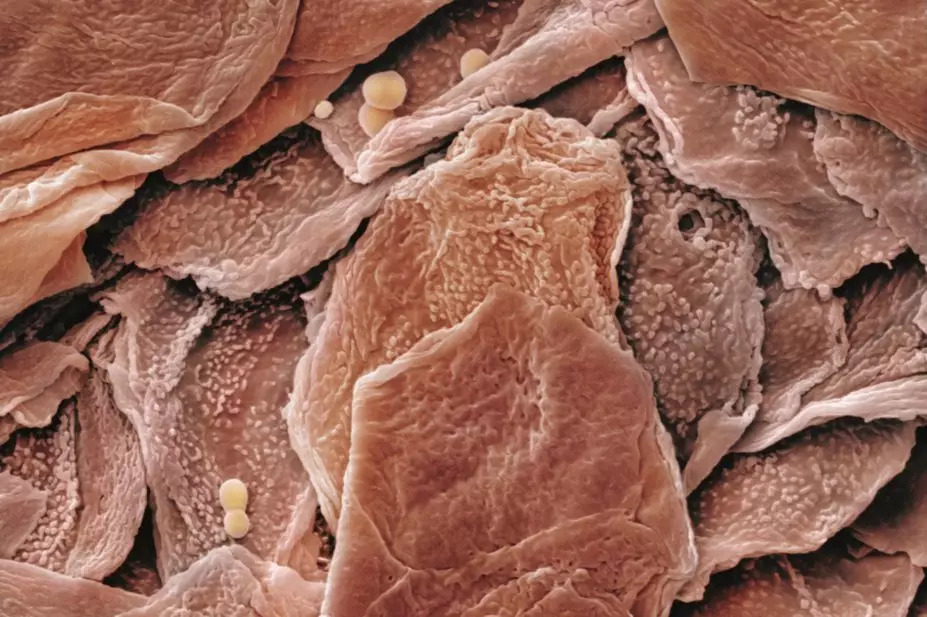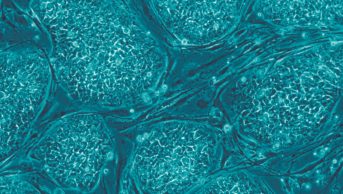
Power and Syred / Science Photo Library
Replacing lost or damaged pancreatic beta cells with functioning ones is a major area of research in diabetes.
In a study published in Nature Communications (online, 6 January 2016)[1]
, researchers used specific growth factors and chemicals to reprogramme human fibroblasts (skin stem cells) to produce mature, functional pancreatic beta-like cells.
When these cells were transplanted into mice they secreted insulin in response to glucose and protected the mice from chemically induced diabetes.
The team used a technique that avoided having to reprogramme the fibroblasts back into fully pluripotent cells, as is common in stem cell research. This allowed for the rapid production of large numbers of cells while being able to perform safety checks at every stage, they explain.
In future, such cells could be used for transplantation or for personalised drug screening.
References
[1] Zhu S, Russ HA, Wang X et al. Human pancreatic beta-like cells converted from fibroblasts. Nature Communications 2016;7:10080. doi: 10.1038/ncomms10080


